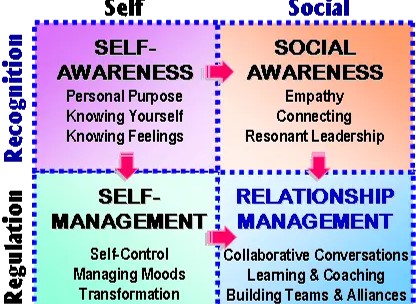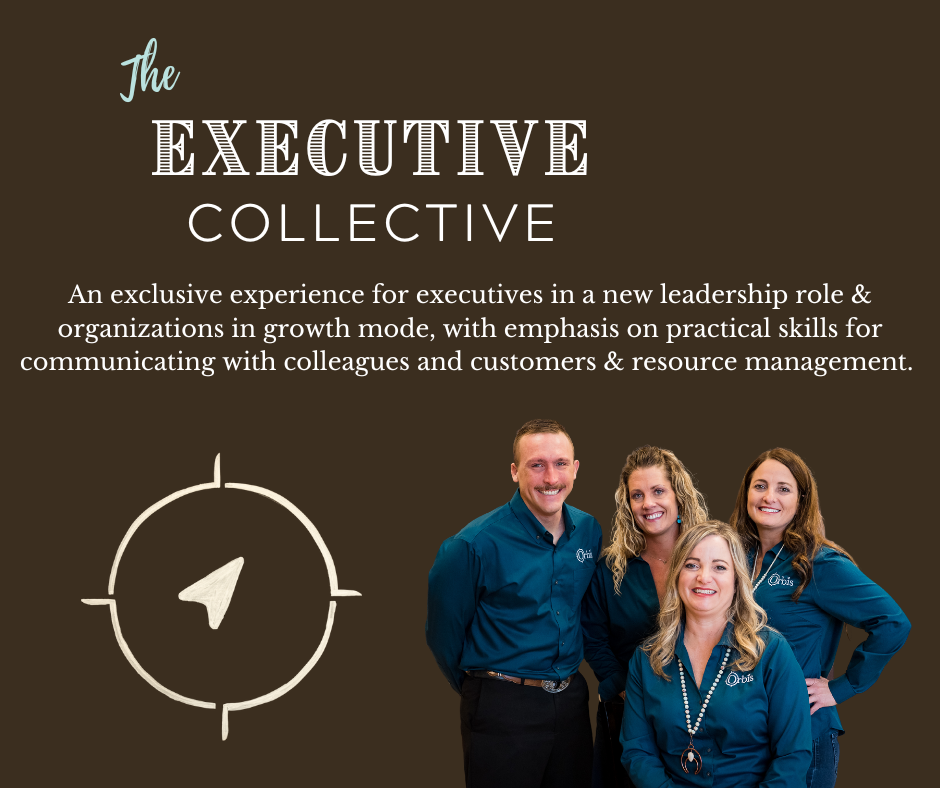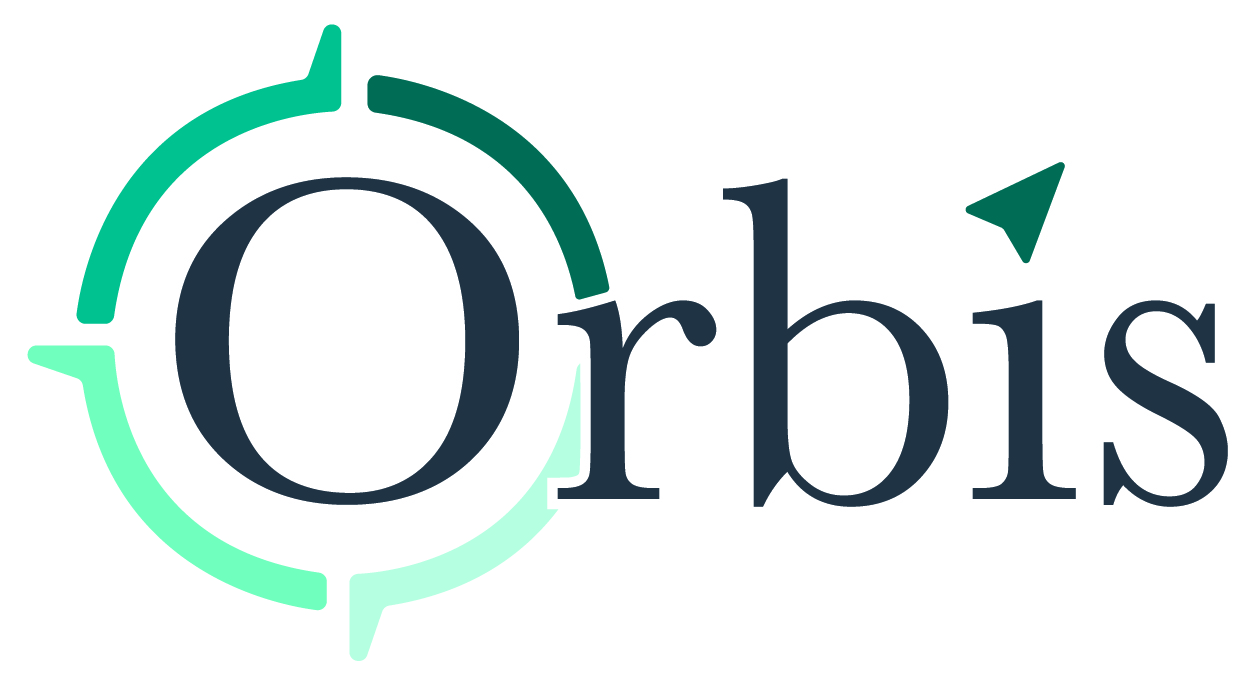Have you ever thought that a person is hard to read?
Then this article is written with you in mind.
We will define emotional intelligence, illustrate how it affects our work with others, and then offer four ways to boost your EQ.
We are familiar with the term IQ (intelligence quotient) – a relative measure of one’s intelligence, or reasoning ability. Now researchers are finding that a person’s IQ can change over time.
Similarly, a person’s EQ or emotional intelligence quotient can change over time.
What is emotional intelligence?
Emotional intelligence is the ability to understand and manage one’s emotions (Positive Psychology, 2019).
It helps us understand how we are perceived by others.
Daniel Goleman is an internationally known psychologist who lectures frequently to professional groups, business audiences, and on college campuses. As a science journalist Goleman reported on the brain and behavioral sciences for The New York Times for many years. His 1995 book, Emotional Intelligence was on The New York Times bestseller list and sold more than 5,000,000 copies in print worldwide in 40 languages.
According to Goleman, EI consists of four components:
- Self-awareness
- Self-management [or regulation]
- Social awareness [or empathy]
- Relationship management
Emotional Intelligence Grid
The emotional intelligence grid developed by Australian leadership coach Bill Cooper, has two columns: self and social; and two rows: recognition and regulation.

Moving from top to bottom in the left column, a self-aware leader has a clear purpose and understands his/her emotions, senses what triggers mood swings, and has the tools to remain composed.
From the top, moving to the right, a self-aware leader uses those tools, like empathy and listening, to connect with others. That helps us move to the lower right quadrant: conversations, collaboration, learning, coaching, where we form alliances and experience better teamwork.
What is your EQ?
The EQ appraisal is a skill-based assessment, with numerous tools available. One example at mindtools.com presents 15 statements, and suggests actions to improve your score.
Here are four tips mentioned for improving in each category.
- Self-awareness: Keep a journal to track how you react to different situations. Hone in on the emotions you felt. When you revisit the journal a little later, consider how your emotions might have and reflect on how yo
- Self-regulation: When you’re feeling stress, take a deep breath before responding to a situation. Breathing is an important part of the practice of mindfulness.
- Accountability: Understanding one’s values and the collective values of the team hold us each accountable to a common mission.
- Empathy: Observe the body language of others. If someone looks perplexed, you may need to repeat yourself. On the other hand, the expressions or posture of others may be a signal that you need to make your point.
Ways to improve self-awareness
In the Self-Aware Leader (2021) John Maxwell lists four keys to self leadership.
- Followership. “Only a leader who has followed well knows how to lead others well. Good leadership requires an understanding of the world that followers live in Connecting with the people on you team becomes possible because you have walked in their shoes.”
- Self-discipline. Be your own king. We are responsible for ruling our actions and decision.
- Patience. Leaders have the responsibility to look ahead. Slow your pace, make sure the team understands your vision, and cross the finish line together.
- Seek accountability. Maxwell suggests asking a colleague, trusted friend, or mentor to point out how you need to be more self-aware.

Becoming more self-aware leaders is one component of the Executive Collective. We have designed this leadership and executive coaching program for executives in new leadership roles and organizations in growth mode. Through a combination of executive coaching, in-person workshops, virtual meetings, and online discussion forums, we will emphasize practical skills for communicating with colleagues and customers and resource management.
Emotional intelligence goes hand in hand with teamwork.
Iconic football coach Vince Lombardi said,
Individual commitment to a group effort – that is what makes a team work, a company work, a society work, a civilization work.
At Orbis, we help you bring focus to your work, enhance corporate culture, and make lasting connections. We invite you to visit our website for more resources for growth and productivity.

